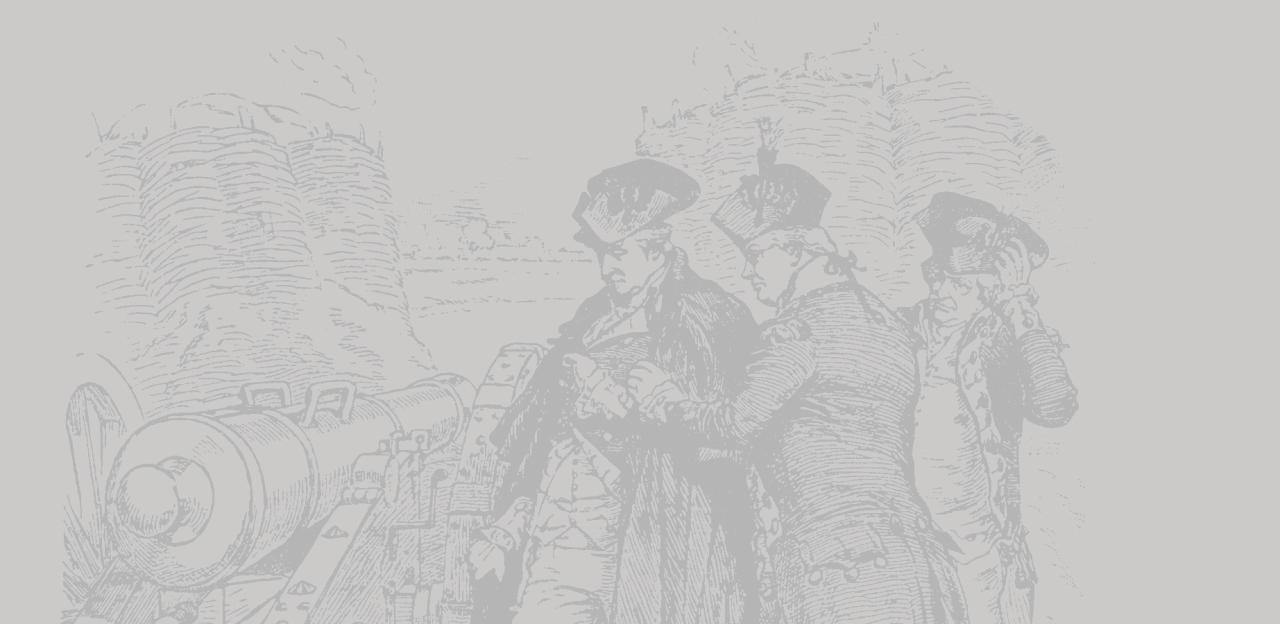Instructions For the Private Armed Vessels of the United States

James Monroe’s plan for private vessels during the war of 1812.
Instructions
For the Private Armed Vessels of the United States
1. THE tenor of your commission under the act of Congress, entitled “An set concerning letters of marque, prizes, and prize goods,” a copy of which is hereto annexed, will be kept constantly in your view. The high seas, referred to in your commission, you will understand, general, to extend to low water mark; but with the exception of the space within one league, or three miles, from the shore of countries at peace both with Great Britain and with the United states. You may nevertheless execute your commission within that distance of the shore of a nation at war with Great Britain, and even on the waters within the jurisdiction of such nation, if permitted to do so.
2. You are to pay the strictest regard to the rights of neutral powers, and the usages of civilized nations; and in all your proceedings towards neutral vessels, you are to give them as little molestation or interruption as will consist with the right of ascertaining their neutral character, and with detaining and bringing them in for regular adjudication, in proper cases. You are particularly to avoid even the appearance of using force or seduction, with a view to deprive such vessels of their crews, or their passengers, other than persons in the military service of an enemy.
3. Towards enemy vessels and their crews, you are to proceed in exercising the right of war, with all the justice and humanity which characterize the nation of which you are members.
4. The master and one or more of the principle persons belonging to capture vessels, are to be sent, as soon after the capture as may be, to the judge or judges of the proper court in the United States, to be examined upon oath, touching the interest or property of the captured vessel and her lading, and at the same time are to be delivered to the judge or judges, all passes, charter parties, bills of lading, invoices, letters and other documents and writings found on board; the said papers to be proved by the affidavit of the commander of the capturing vessel, or some other person present at the capture, to be produced as they were received, without fraud, addition, subduction, or embezzlement,
By command of the President of the United States of America,
JAS. MONRE, Secretary of State. (Signed)
